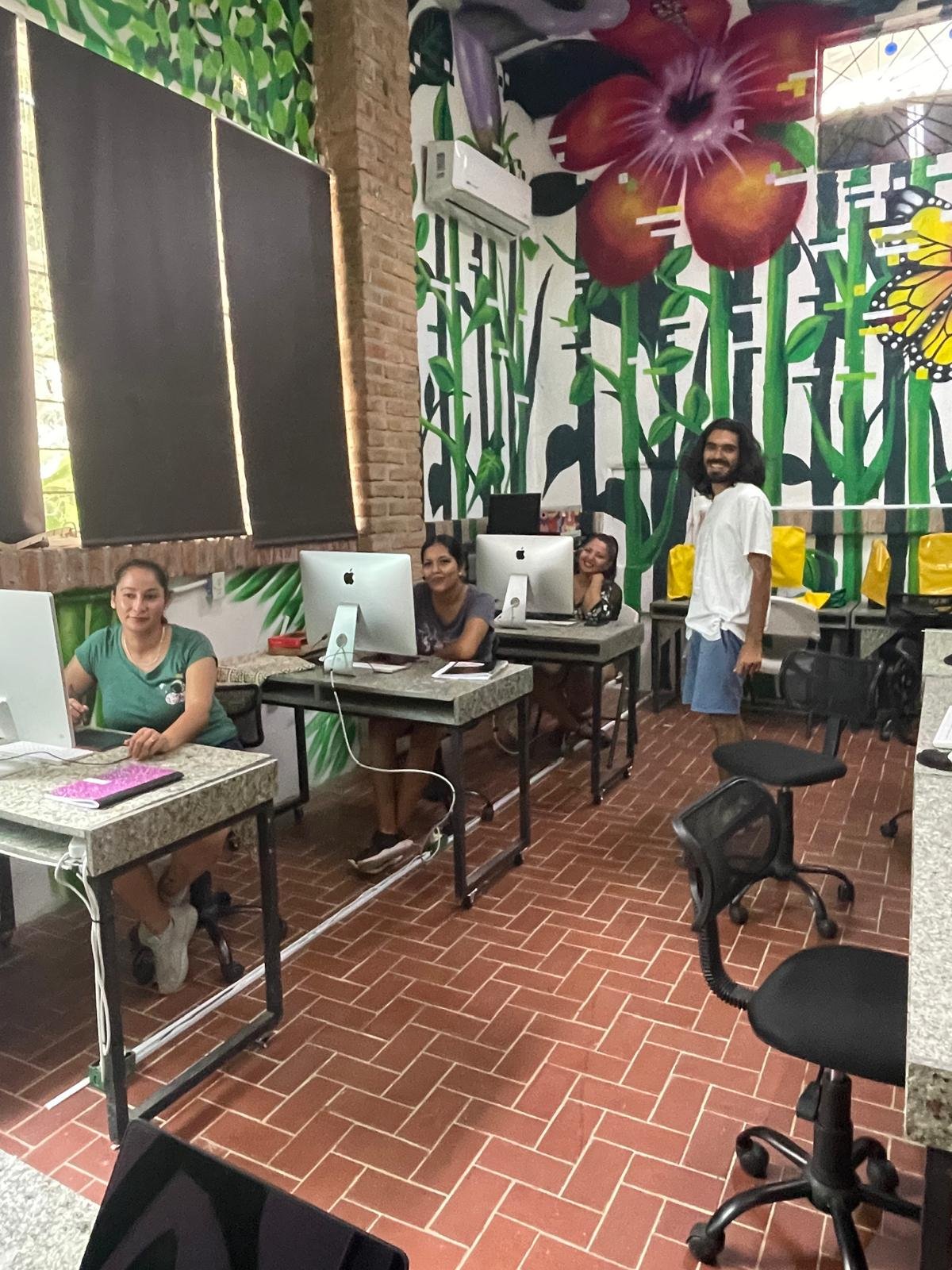
Past Sponsored Projects
Travel Elevates is fostering a growing global community. You will find the details of our past sponsored projects below.
-
The project, supported by Travel Elevates will establish vegetable seedling propagation share houses, installation of a solar powered motion sensor security light system, solar powered electric stand fencing, additional Hippo Water Rollers for transport of water, and access to an ecotourism market to sell fresh vegetables.
-
Travel Elevates is showing support by providing printed curriculum to over 65 schools with a reach of 3,500 students this year. This will include educator training workshops, teacher guides & lessons, activity books, health materials, and outreach visits to educate on conservation and health lessons.
-
Travel Elevates is showing support by providing printed curriculum to over 65 schools with a reach of 3,500 students this year. This will include educator training workshops, teacher guides & lessons, activity books, health materials, and outreach visits to educate on conservation and health lessons.
-
Travel Elevates is supporting the Early Childhood Development (ECD) project. Through proper accreditation, 200 under-qualified preschool teachers will be supported through our grant funding for the 2024 year. With proper certification these women are projected to improve their own socioeconomic status for themselves and their families, but also have an impact on 450,000 future children during a 30-year career span as an educator of early childhood development.
To continue to provide professional development for novice educators, the ECD has created a teacher mentorship program where new educators coming into the profession will be trained properly by an established training staff and curriculum to help serve and educate future students for the next three decades.
-
With the help of Travel Elevates, a new school building will be constructed in early 2024. This will help double the school’s classroom space and add another 88 students to the enrollment. In the past the school had to have students’ study in shifts due to space. Now, the extra class space will allow for a consistent schedule, which will provide for a more stable educational environment.
The project will benefit the school’s 416 students and 14 teachers. It will also indirectly benefit family members and the surrounding community. The school facility also serves. as a center for meetings and community events.
-
Travel Elevates has funded the project, “Goal 50” Early Childhood Development Center. The new education building will be made from 6,000 “eco-bricks” (plastic bottles filled with rubbish), 3,500 old tires,12,000 decompressed film set waste blocks and more recycled materials to be environmentally friendly. This saves on construction costs and future sustainability.
The early childhood development programs, based on Montessori principles, will help build little one’s foundations with art exploration, story time sessions, nature play, plus phonics, reading and more.
-
In 2024, with the help of a Travel Elevates grant, a third Wildflower House was built. These homes are self-sustaining on the land. They incorporate a community vegetable garden, farm raised eggs and a growing mushroom business. The mushrooms are harvested and sold at market to help each woman build savings that will lead to future independence. With two new mushroom houses built, this goes beyond helping more women and children, but secures a business enterprise to bring more revenue for Wildflower Homes and its families.
This project is one of the best examples of how Travel Elevates can make an impact on all levels – empowerment, education, elevation. Women leave with a new outlook, new skills that include critical thinking and financial planning. A future project plan will include helping a recent graduate with the resources to establish her own mushroom house in a village close by.
-
The Travel Elevates grant supported a project titled DigiLearn, which made learning more accessible. The grant enabled Project Luangwa to purchase equipment, including tablets, projector screens, solar panels, and batteries. With the program now fully up and running across multiple sites, it directly impacts nearly 2,000 children every year and has life-long positive results for their families and communities.
-
The Travel Elevates grant supported HPV self-testing to help conquer cervical cancer. The initiative increased health access and education among reproductive-aged women via the provision of the lifesaving thermoablation device, training in technology use, training in screening, and continued long-term support for education and equipment.
-
With the Travel Elevates grant, Human Connections was able to serve both artisans and travelers via virtual learning and partnership development. While this involves new programming, it also directly furthers Human Connections’ mission to increase empathy and strengthen local communities during the pandemic and beyond.
-
With the Travel Elevates grant, MarAlliance was able to build on its considerable educational work with an innovative and scalable educational strategy to improve education access and equity across key sites in Panama, Honduras, and Belize.










